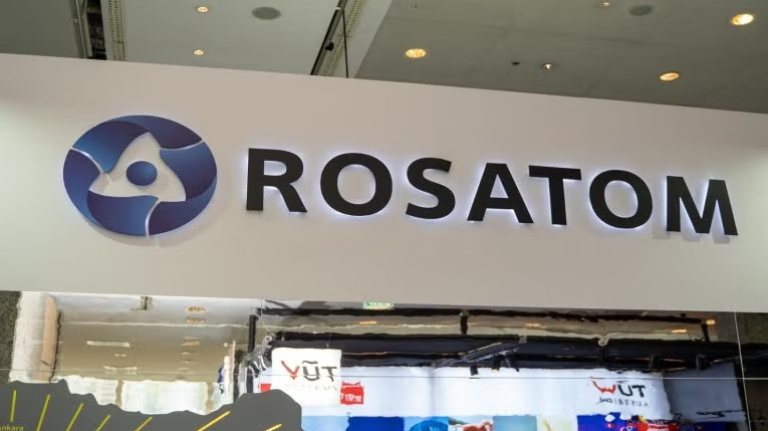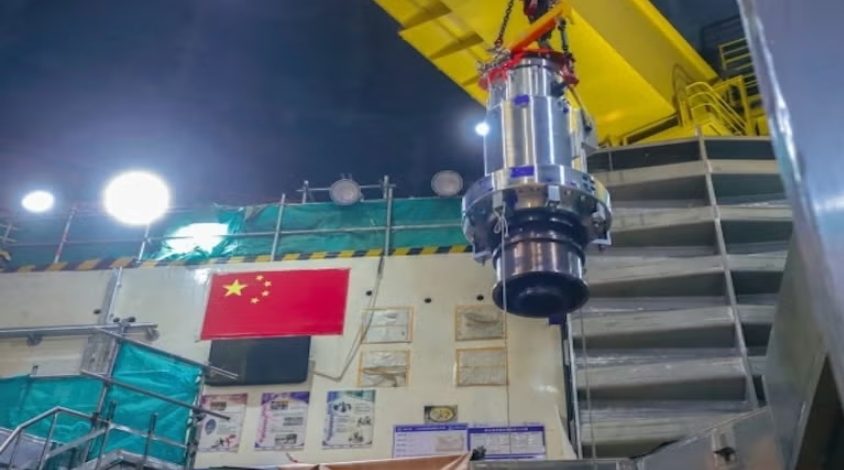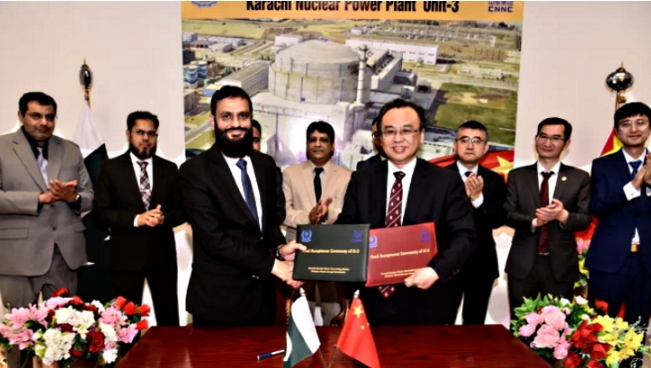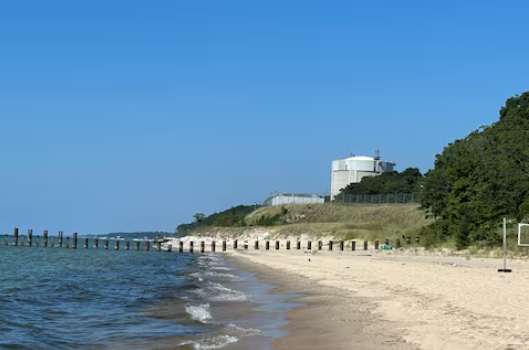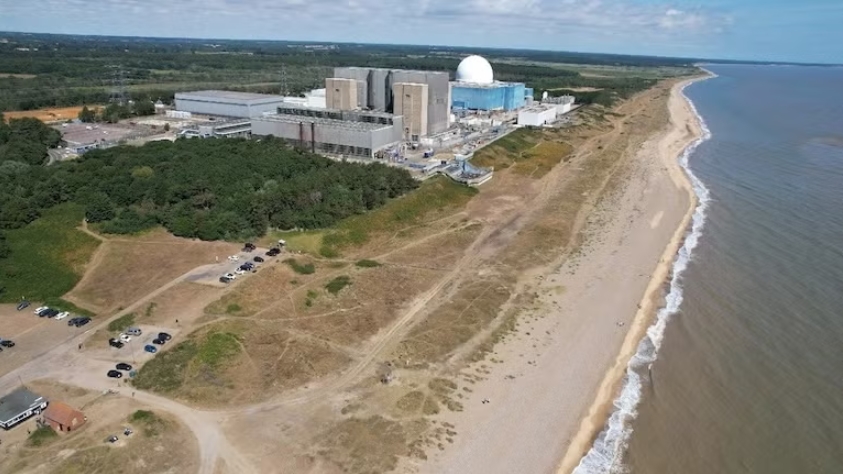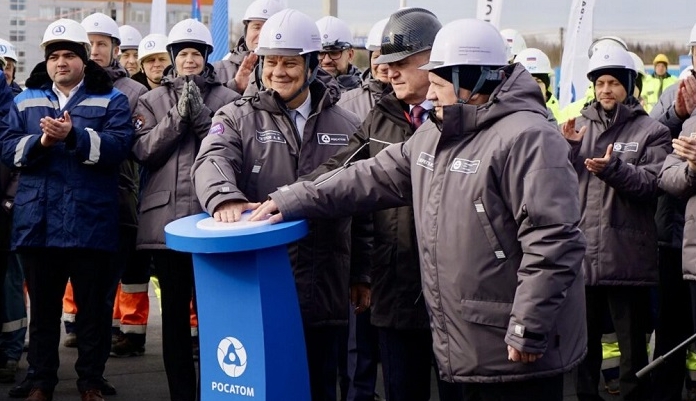Angelo Kafantaris is a man on a mission. He's the CEO of Hyperion, which on Wednesday morning debuted a new hypercar that wants to prove you can go really fast without wrecking the planet. But this vehicle isn't packed full of lithium-ion cells. Instead, the XP-1 is powered by a fuel cell, and its job is to give hydrogen a halo effect that more pedestrian fuel cell electric vehicles like the Toyota Mirai or Hyundai Nexo haven't quite managed.
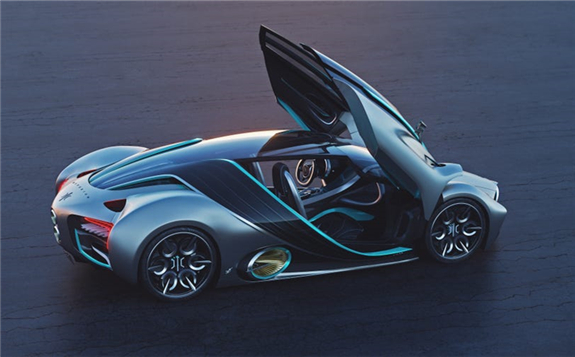
"The key criterion is to deliver this clean powerful energy source in a cost-effective way so that the rest of the world could enjoy it," he told me when we spoke a few weeks go. "So we decided we wanted to help this industry grow so that the rest of us enjoy the same benefits, which of course would be really long range, really fast refuel time, a longer life cycle that doesn't degrade with every charge (or refuel in this case), a very high gravimetric energy density, the nature of recyclability, which is not cost prohibitive as compared to batteries, and then I think lastly, durability since hydrogen vehicles are not susceptible to low performance in high heat or very cold temperatures. All these things make hydrogen a wonderful value proposition for the consumer when applied to vehicles."
It certainly looks the part, appearing a bit like a Bugatti Chiron that had a transporter accident with an IndyCar. The headline figures for the XP-1 would make it a winner in a game of hypercar Top Trumps: Zero to 60mph in under 2.2 seconds. A top speed above 221mph (356km/h). And a range of 1,016 miles (1,635km) between fuel stops. The monocoque tub and bodywork are made from carbon composite with strands of titanium woven through it for added strength, yet the XP-1 has a curb weight of 2,275lbs (1,031kg). And it's powered by a hydrogen fuel cell that feeds energy to a pair of electric motors, with an ultracapacitor in there as an energy storage device.
Hyperion hopes all those impressive specs can help onlookers answer one basic question: why hydrogen? "For example, the range on our vehicle is beyond 1,000 miles, something you can only achieve in a hydrogen car," Kafantaris noted. "There's always a question of how and why, and we believe the why needs to be answered first—that's why we chose to release the vehicle first."
And if that all sounds extremely attention-grabbing, well, that seems to be the point. "What we think is most critical to the industry right now is delivering a message through a product, the Hyperion XP-1, which is a vehicle that is an educational tool to show the world the wonderful benefits of hydrogen," Kafantaris said. "Hyperion has no intention to be only a manufacturer of supercars or anything in that way. The XP-1 is an educational tool, and there will be further models that are more affordable down the line. But primarily we want to build the penultimate version of what a hydrogen vehicle could be, and then explain to the world why, through the car, it was so wonderful."
